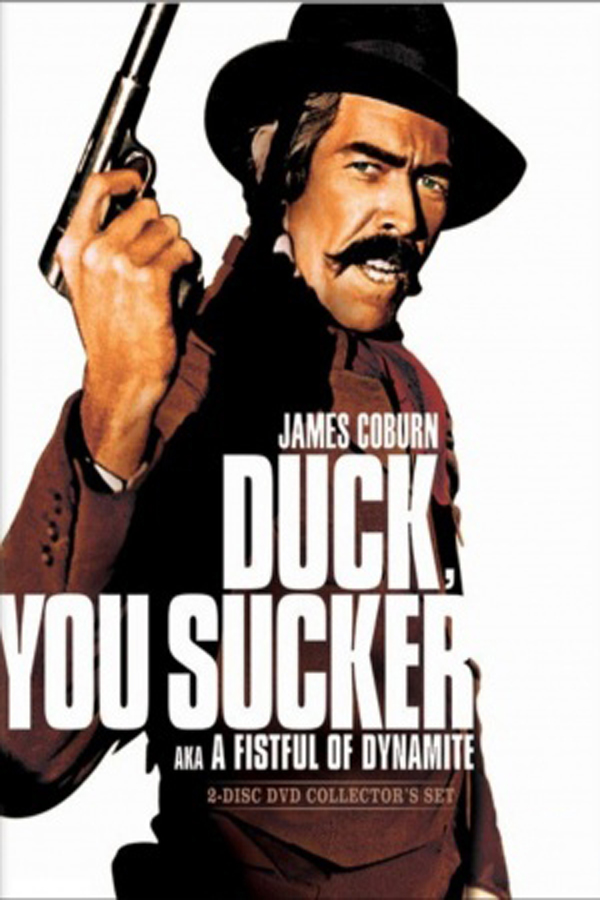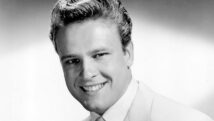John Ericson
Ericson was born in Düsseldorf, the son of a German chemist and a Swedish actress and opera singer. Escaping from the Nazi regime, his family emigrated to the U.S. when he was three. At first living in Detroit, they eventually settled in New York where his dad (according to a 1955 newspaper article) found lucrative employment as president of a food extract company. After graduating from Newton High School, John enrolled at the Academy of Dramatic Arts, financially supporting his studies working at a Walgreen drug store.
Most sources incorrectly cite his acting debut as being Stalag 17 on Broadway, but Ericson himself stated (in a 1989 interview with Skip E. Lowe) that his career kick-started with the romantic wartime drama Teresa (1951), filmed in Italy by Metro Goldwyn Mayer. Afterwards, he made the decision not to sign a studio contract for fear of being typecast as 'boy-next-door' types. On the strength of his performance in Teresa, producer/director José Ferrer offered Ericson not only what amounted to being the nominal lead in Stalag 17, but the opportunity to play an initially unsympathetic part as the slick, cynical gambler J. J. Sefton (the coveted motion picture role was eventually assigned to William Holden and won the star an Academy Award).
Between 1954 and 1955, Ericson was under contract at MGM and made for four films for the studio: Rhapsody (1954) (opposite Elizabeth Taylor), Green Fire (1954) (co-starring Grace Kelly who had been in his class at the Academy) and the seminal Spencer Tracy western Bad Day at Black Rock (1955) (as a nervy hotel clerk). During the next three decades, he worked as a free-lance actor, his wavy-haired good looks and athletic build not lost on the industry. He co-starred with Anne Francis in Honey West (1965), a short-lived series -- apparently modelled on The Avengers (1961) -- which featured a crime-solving, judo savvy lady detective (even wearing Diana Rigg-style jumpsuits) and her right hand man. The show only lasted for 30 episodes but has since gained a minor cult following.
Ericson's frequent TV guest appearances included Rawhide (1959), Burke's Law (1963), Bonanza (1959), The Invaders (1967) and The F.B.I. (1965). For the big screen, he starred in several James Bond pastiches and spaghetti westerns, produced in Italy and Spain. In the U.S., he had leads in thrillers (The Money Jungle (1967) ), westerns (notably, The Return of Jack Slade (1955) and the High Noon (1952)-lookalike Day of the Bad Man (1958) ) and science fiction B-graders (The Destructors (1968) and Dan Duryea's last film, The Bamboo Saucer (1968)). He also starred as the titular 1930s depression-era gangster in Pretty Boy Floyd (1960). On the stage, he played King Arthur to Kathryn Grayson's Guinevere in a 1967 production of the musical Camelot. A reviewer commented that what Ericson lacked in the vocal department he more than made up for by a 'masterful performance'. His dramatic theatrical credits included Richard III, Mr. Roberts and A Streetcar Named Desire.
In his spare time, John Ericson sidelined as a painter of landscapes and still life, a sculptor and a keen amateur photographer. Until his death on May 3 2020, he resided in New Mexico with his second wife Karen Huston whom he married in 1974. He has a star on the Hollywood Walk of Fame.

